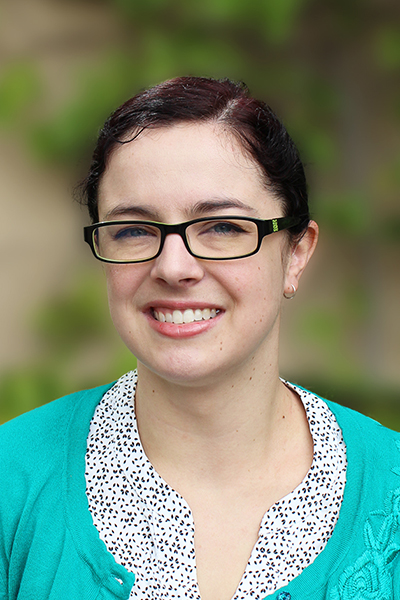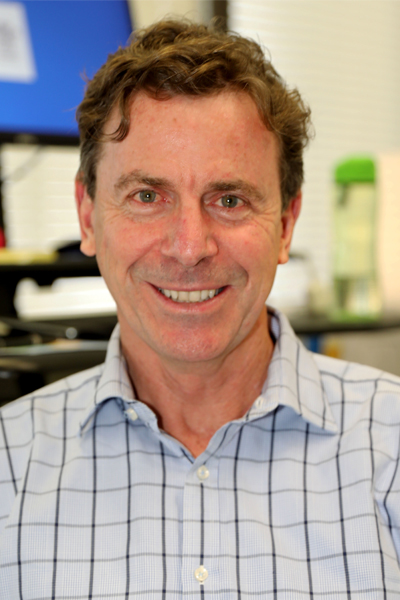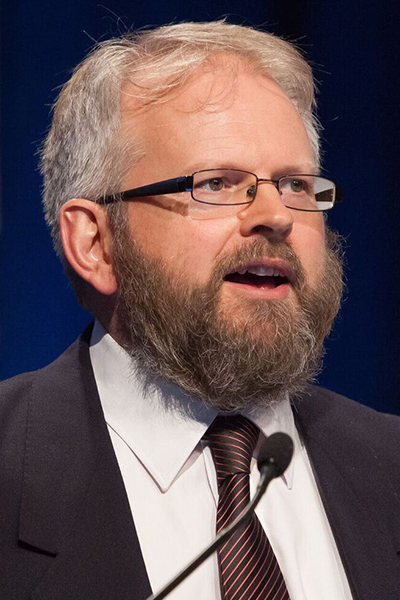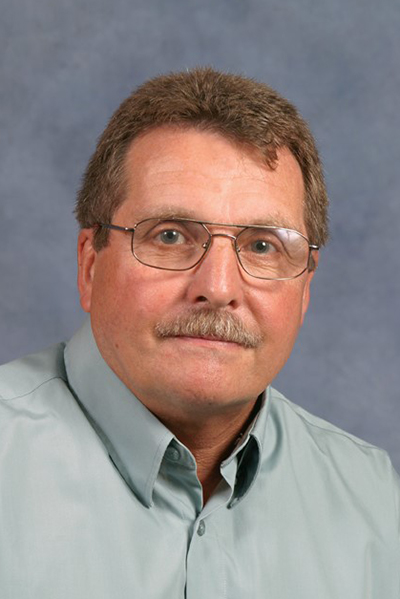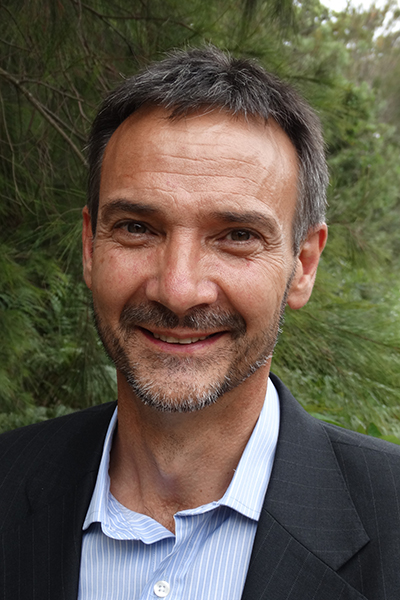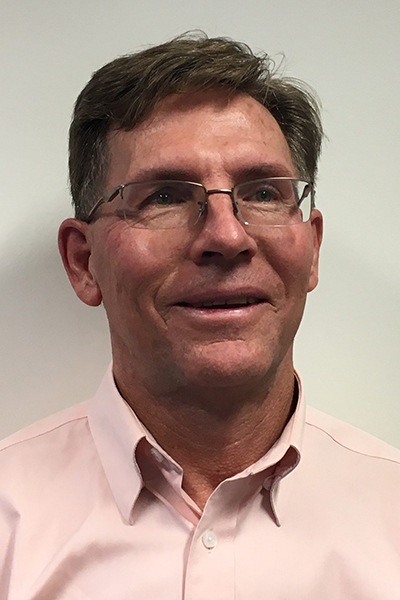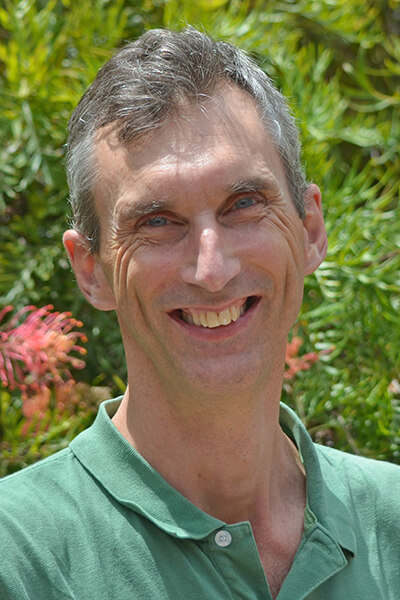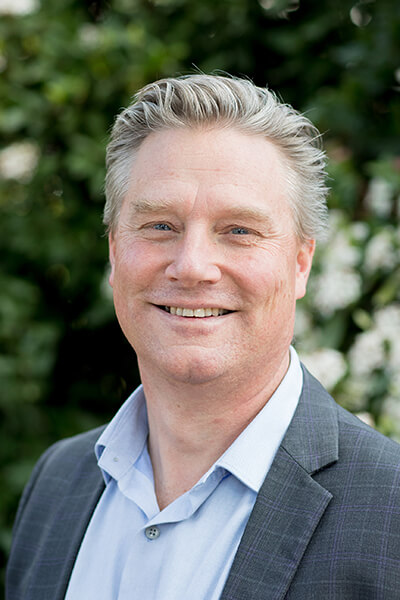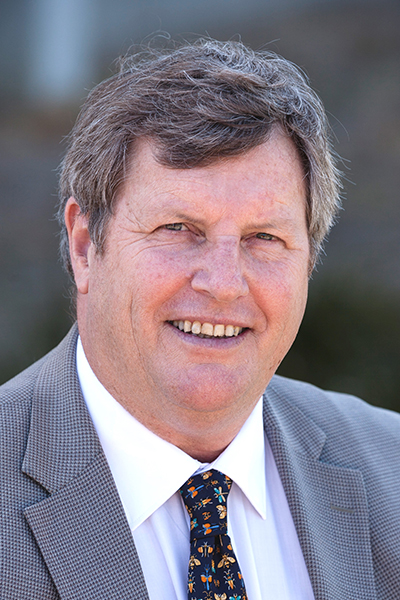Costa Georgiadis is a landscape architect, environmental educator and television presenter who has an all-consuming passion for plants and people. As co-creator and host of Costa’s Garden Odyssey for SBS, he caught the attention of a nation. Since 2013, Costa has continued his journey as the much-loved host of one of the ABC’s most iconic and Logie award-winning programs, Gardening Australia. Costa is a must have TV and radio guest on talkshows, lifestyle programs, current affairs programs, gameshows and brings the comedy gold in unexpected places to audiences young and old. As Costa the Garden Gnome on ABC Kid’s Get Grubby TV, he shares his love of nature and joy of gardening for a new generation of garden planet dwellers. He wins hearts wherever he goes and his presenting work with Gardening Australia has been acknowledged with a Silver Logie and an AACTA Award.
Beyond the screen, Costa is deeply involved with the importance of biodiversity and habitat , regenerative agriculture, permaculture and holistic land practices that deal with the issues arising from a rapidly urbanising world. The story of soil is a driving narrative for him. Through his workshops, lectures, keynotes, expos and other events, Costa is actively involved in delivering his message to the broader community. His work with pre-schools, primary and high schools, TAFE colleges, universities, industry groups and community organisations demonstrates his ability to convey his knowledge of a permanent self-sustaining culture to any audience.
Most weekends you will Qind Costa deep in conversation and immersed in workshops at community events across the nation. You may even see him having a surf, on the side of the road taking pictures, at a farmers market, or yarning on country with communities making new friends everywhere. discussing what’s growing in their backyards, how best to solve a garden or issue in their landscape or making a video callout for a distant relative. He lives and breathes gardening , relishing the natural world and our connection to it. Costa’s long-awaited book, Costa’s World: Gardening for the soul, the soil and the suburbsis available now from ABC Books.

